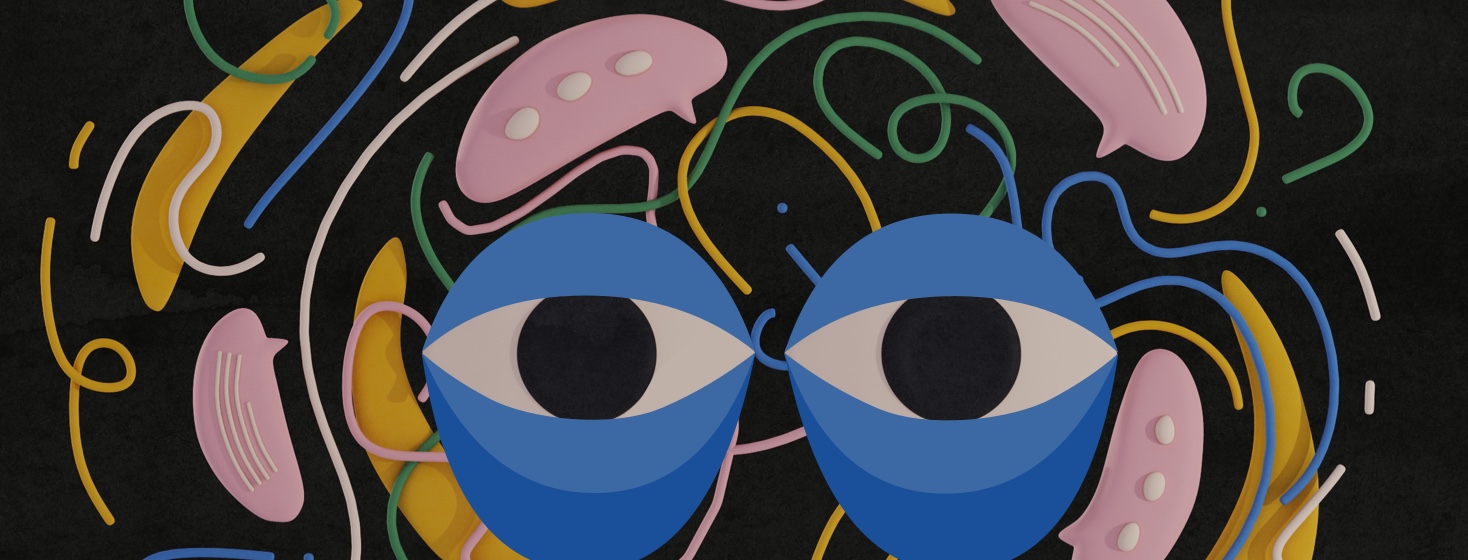Sleep and ADHD: A 2-Way Street People Would Rather Not Walk
Attention-deficit/hyperactivity disorder (ADHD) is a mental health condition that is associated with sleep challenges like delayed phase syndrome, insomnia, restless legs syndrome, and periodic limb movement disorder. It is also linked to symptoms of excessive sleepiness in the daytime. Most research on sleep and its relationship to ADHD has tended to focus on children – but this is changing.1,2
Over 80 percent of people with ADHD have some type of sleep disorder. For example, 50 percent have sleep-disordered breathing, like sleep apnea. So, researchers are beginning to question whether some sleep disorders and ADHD may share at least a partial common cause. There may be something in the brain that contributes independently to both types of conditions. Both sleep disorders and ADHD can make the other condition worse in some cases.1,3
ADHD and circadian rhythm disorders in adults
Adults with ADHD and sleep issues tend to have circadian rhythm disorders like delayed phase syndrome. People with this syndrome have a tendency to be "night owls" that begin in their youth but then worsen in adulthood. This shifting of the sleep window to a later time appears to have a natural cause. It occurs even if the person doesn't take stimulant medications for their ADHD which might otherwise make them stay up late.4
This night owl tendency could also appear as sleep procrastination, where someone puts off going to sleep because they are busy doing things. In my experience as a sleep therapist, both sleep-onset insomnia (trouble falling asleep) and "not getting done/to bed on time" can look just like delayed phase syndrome.
How ADHD disrupts sleep patterns
Circadian rhythm disruption and a struggle to maintain a schedule and focus may create a perfect storm of sleeping troubles, especially if the person can't fall asleep early on in their sleeping window.
A person who wants to get things done may just stay up since they assume they won't be able to fall asleep at a "normal" time anyway, and then remain awake. Many of my past clients have struggled with sleep procrastination, I believe, in large part because of symptoms such as time blindness and trouble finishing tasks. Or they simply shared the "busy brain" trait of people with insomnia more broadly.
So what can be done to bring some light into this perfect storm?
Treatments for sleep issues in ADHD
In my experience, proper management of ADHD symptoms is crucial for managing a tendency toward sleep procrastination. Working from both the ADHD end and the sleep end of the problem can help people function better and sleep better!
Light therapy and behavioral therapies are helpful in treating delayed sleep phase in adults with ADHD. These treatments may help them with the biological timing of their sleep and to get to sleep at a better time (and more easily). This can help deepen sleep for those who also struggle with insomnia.4
Addressing sleep-disordered breathing
Sleep-disordered breathing, such as sleep apnea, is very commonly found with ADHD. It is also strongly associated with concentration and cognition problems. More complicated interventions may be needed to support sleep in people with this issue. Treatment of sleep apnea may be vital for managing certain symptoms of ADHD, specifically trouble concentrating, as well as reducing overall health risks that come from untreated sleep apnea.3-5
Supporting healthy sleep to improve ADHD symptoms
I'm no doctor and no mental health clinician. But it seems to me that supporting healthy sleep may contribute to better daytimes and overall well-being in people with ADHD. And effective treatment of ADHD can also help support healthy sleep.
As with many of these circular connections between sleep and mental well-being, a holistic approach that addresses both conditions may give people the best opportunity for healthy and happier living all around.

Join the conversation